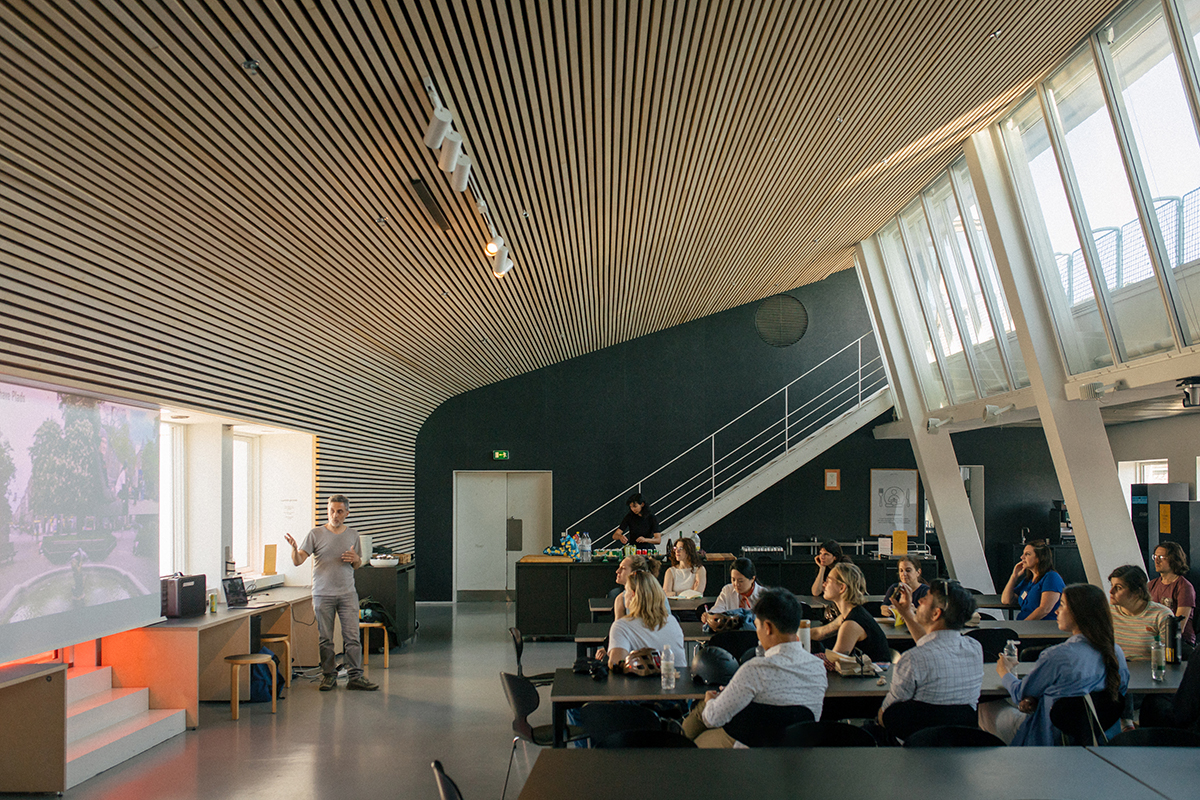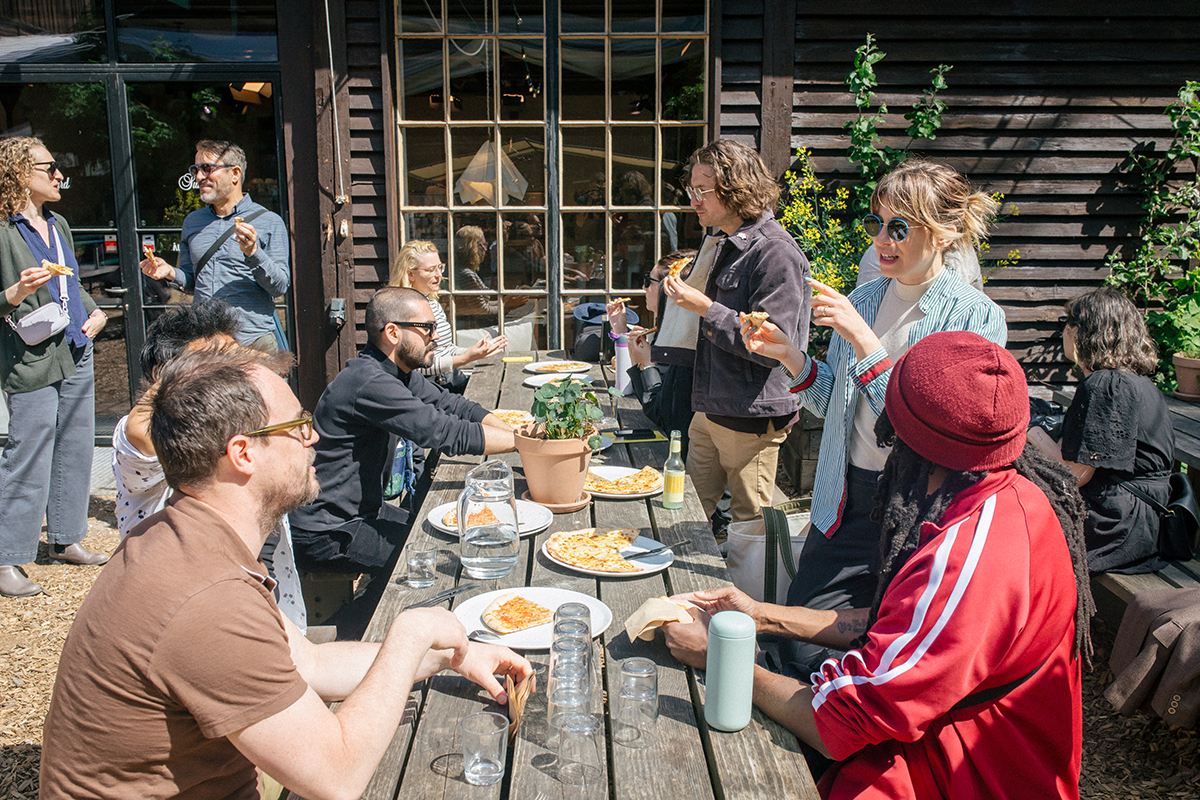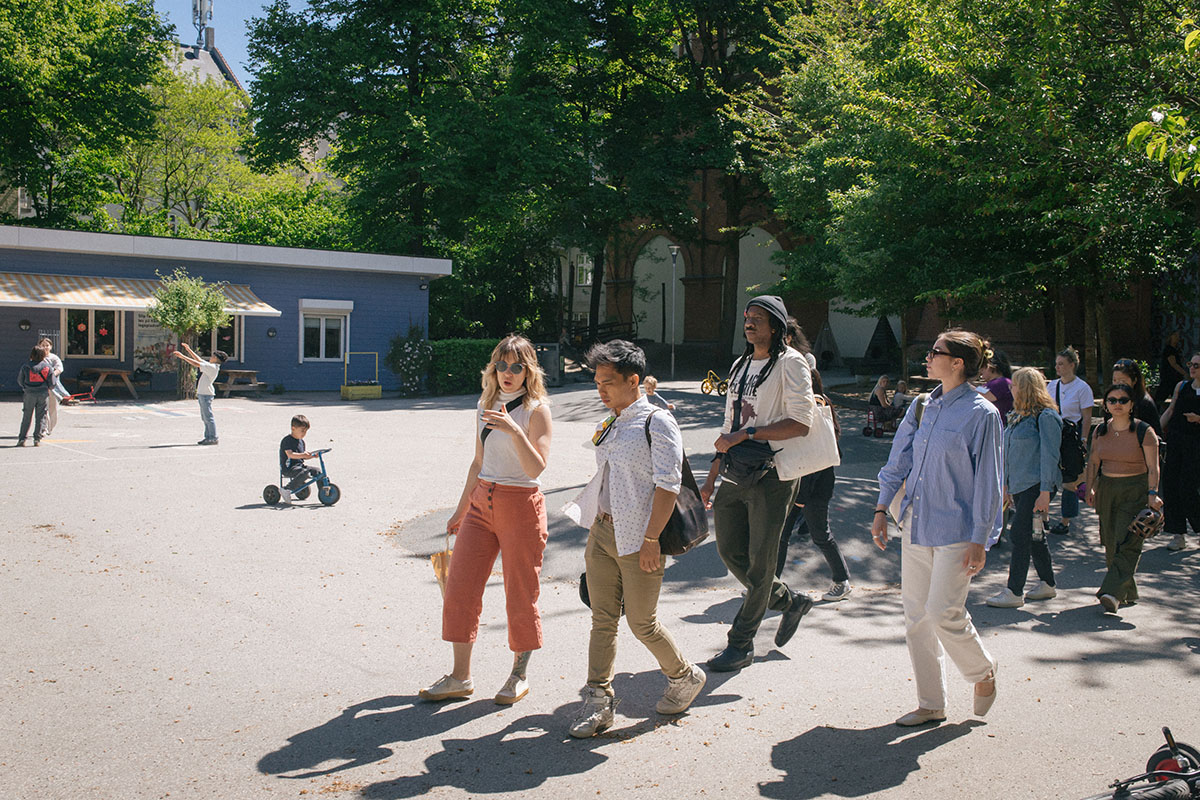Study Trip to Tokyo

Overview
Against the backdrop of housing crises around the world, Tokyo offers a rare contrast of abundant housing in a fast-growing city. Tokyo is one of the world’s largest cities, and one of its most livable. While many other cities are grappling with local opposition and political and legal constraints on new development, Tokyo continues to grow to meet its housing demand through a permissive national development framework, transit-oriented development, and frequent rebuilding.
And its flexibility hasn’t come at the expense of quality. Tokyo is dense but quiet, vibrant but orderly. It has walkable neighborhoods full of apartment buildings beside old wooden homes, buildings where shops and homes mix freely, and tight street networks. The city’s new buildings are responding creatively to demographic shifts like an aging population as well as climate risks.
Tokyo shows what’s possible when cities make room: through infrastructure-led planning, clever taxation, inventive use of underutilized space, and a different set of cultural norms.
The study trip has been submitted for AIA credits and AICP credits.


What You’ll Experience and Learn
The Spirit of Tokyo
Walk across the “the busiest pedestrian intersection in the world” at the Shibuya Scramble Crossing; visit neighborhoods like Koenji, known for its subcultural identity, live music scene, and retro shopping arcades, and Yanesen, notable for its survival of wartime bombing and resistance to major redevelopment; eat dinner at a local Izakaya (Japanese gastropub); and experience Tokyo nightlife at a karaoke club.
Supply-Side Housing Development
Learn from how Tokyo has unleashed housing supply through permissive zoning codes that allow for buildings of various types in every ward.
The Polycentric City
Traverse the city and witness how robust transit-oriented development makes for multiple city centers that meet the cultural and commercial needs of neighborhoods across the city.
Considerations of an Aging Population
While Tokyo is growing and attracting a younger population, Japan at large is shrinking and growing older. We’ll hear from leaders how this impacts planning and development across the city and country.
Reclaiming Land from the Water
Housing developments like Harumi Flag (the former Olympic Village) present examples of how Tokyo has approached densification and reuse of underutilized spaces.
Schedule & Tuition
The trip will take place from September 8-12, 2025.
We will arrive on Monday, September 8 and convene for a welcome lecture and opening reception. On Tuesday, September 9 we will orient ourselves to the role of government in Tokyo’s housing and urban development through meetings with officials from the metropolitan and federal government. We will spend the afternoon and the next two days immersed in the city and the themes of housing, the polycentric city, and densification.
We will take time in between tours and talks to discuss lessons learned and wrap-up with a closing lunch reception with our Tokyo hosts to share final reflections. The study trip has been submitted for AIA and AICP credits.
The study trip tuition is $3,750, with an early bird rate of $3,250. Applications will be accepted on a rolling basis beginning in June. Once accepted, there is a 50% deposit of $1,875 due by July 15. To secure the early bird rate, submit a deposit of $1,625 by June 30. Final payments are due by August 15.
The additional costs of travel and accommodation for the study trip are assumed by the participants. Urban Design Forum will share a list of recommended hotels, airport, and ground transportation with accepted applicants.
Who Should Apply
This study trip is open to all Urban Design Forum Fellows who are interested in immersive learning from a global perspective. Applications from Fellows at every stage of their careers will be considered, though preference will be given to those with 10 years of experience or more. We are looking to engage a wide range of participants, from architects, planners, and civic leaders to advocates, policymakers, and journalists. Applications from non-Fellows will be considered, although priority will be given to Forum Fellows.
Application

If you are interested in joining our trip, please fill out this application. Applications will be accepted on a rolling basis beginning in June.
Apply NowQuestions?
We strive to host inclusive, accessible events that enable all individuals to engage fully. If you have any specific needs we might accommodate, please contact Clara.
If you have any questions, please contact Clara Parker, Director of Global Exchange, clara@urbandesignforum.org.